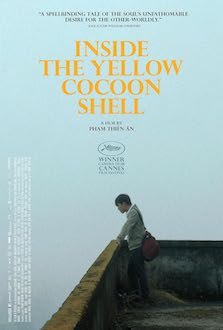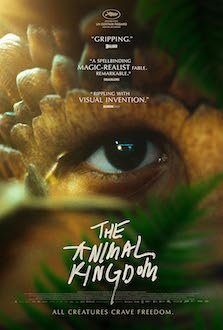Direction: Alice Rohrwacher
Country: Italy
Alice Rohrwacher’s films, notably Happy as Lazaro (2018) and The Wonders (2014), captivated audiences with their intriguing narratives. La Chimera, her fourth feature, stands out as a haunting archeological fable set in Tuscany during the 1980s. Rather than relying on suspense, Rohrwacher favors ambiance, crafting a story that delves into a painful past, an inebriated present, and an uncertain future.
The story revolves around Arthur (Josh O’Connor), a nearly-spectral English wanderer with a supernatural ability to locate Etruscan artifacts in tombs and underground chambers dating back over 2000 years. Recently released from jail for smuggling these artifacts, Arthur, reluctantly rejoins his gang of “tomb diggers” while awaiting the return of his departed love, Beniadina. He also reconnects with Benidiana’s welcoming mother, Flora (Isabella Rossellini), and gets involved with her Brazilian student/maid, Italia (Carol Duarte), a surreptitious mother of two.
When at its sharpest, Rohrwacher’s script exudes lyricism in its bendable trajectory, casting a spell on viewers. However, the comedic elements are overshadowed by the emotional crisis of an unpredictable, alienated protagonist with a strong inclination for sloppiness. Love and death are squeezed into an eccentric cinematic pot that, in a sense, harkens back to classics from Pasolini, Scola, Fellini, and Cocteau. Some nostalgic moments are magical and profound in a film full of nudges and nuance. This is simultaneously a fascinating character study, a poignant drama edited with breaks of slapstick humor, and an acute piece of psychological realism that connects the living and the dead.
Even with some unnecessary lengths, La Chimera provides a singular experience in a kind-hearted fashion that allows the movie to resonate with more warmth than what was initially thought. O’Connor delivers an engrossing performance, complemented by Duarte and Rossellini, who are a pleasure to watch.








































